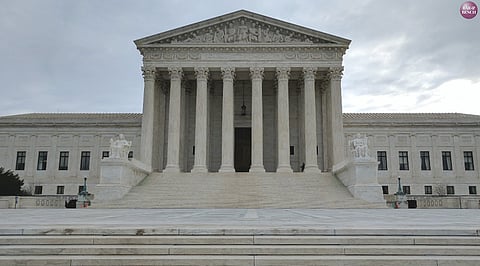
- News
- Columns
- Interviews
- Law Firms
- Apprentice Lawyer
- Legal Jobs
- हिंदी
- ಕನ್ನಡ

In a decision that could significantly affect the company worldwide, the United States Supreme Court has given the green signal for consumers to sue Apple for the alleged monopolization of its App Store.